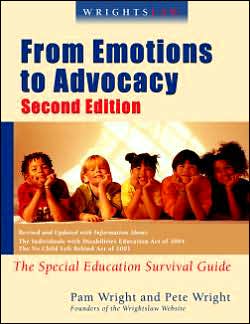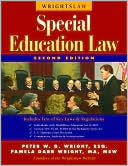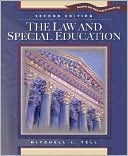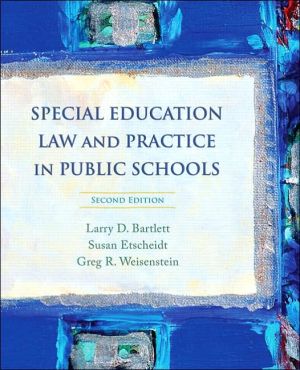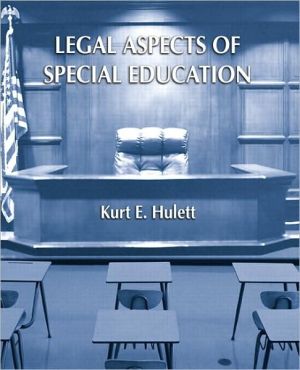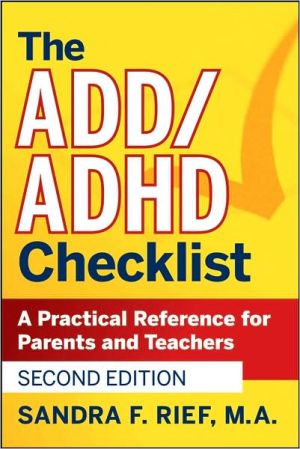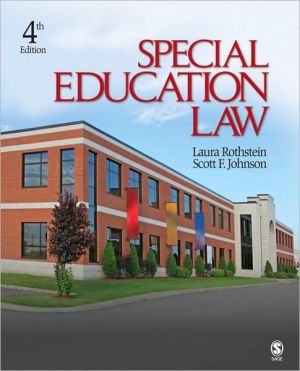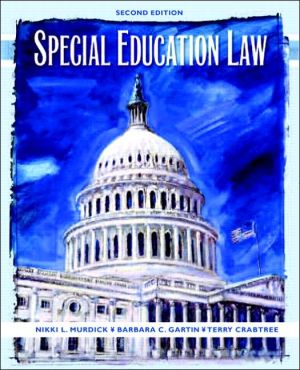Resolving Disagreement in Special Educational Needs: A Practical Guide to Conciliation and Mediation
Local Education Authorities are now obliged to put in place arrangements to try to settle disagreements over the provision for children with special educational needs. This practical book aims to help those charged with making these arrangements and those directly involved in the conciliation and mediation process.\ While there is no 'right way' to resolve disputes of this kind, the ultimate goal must be to reach a positive conclusion as quickly as possible for the benefit of the child...
Search in google:
Local Education Authorities are now obliged to put in place arrangements to try to settle disagreements over the provision for children with special educational needs. This practical book aims to help those charged with making these arrangements and those directly involved in the conciliation and mediation process.While there is no 'right way' to resolve disputes of this kind, the ultimate goal must be to reach a positive conclusion as quickly as possible for the benefit of the child involved. In this book, the authors look at a range of approaches and issues to achieve this such as:*how to plan disagreement resolution*skills and techniques for mediation*tools for training and self-assessment*the SEN tribunal*ethical and legal issues.The book includes contributions from leading practitioners in special educational needs, law, mediation and conciliation. It is the ideal handbook for all those working in the area of special education needs, both in schools and for LEAs and other agencies.
ContributorsAcknowledgementsPreface and how to use this book1Introduction1.1Alternative Dispute Resolution (ADR): a brief history, concepts and definitions1.2ADR definitions and some common myths about mediation1.3Recent developments in UK law1.4Mediation in action - messages from the USA2Setting up local disagreement resolution, conciliation and mediation arrangements2.1Issues for LEA administrators2.2Issues for professionals2.3A staged model for disagreement resolution3SEN conciliation3.1The Waltham Forest Conciliation Service3.2The role of parent partnership in disagreement resolution3.3Before mediation - a view from an LEA SEN officer3.4Patterns of disagreement in SEN4SEN mediation4.1Developing an approach to conflict resolution: the contribution of parent partnership services4.2Developing regional arrangements for disagreement resolution4.3The West London mediation project4.4The London SEN Disagreement Resolution Service4.5Establishing a regional service for disagreement resolution - the experience of two regional partnerships4.6Peer mediation: involving children in mediation5The SEN tribunal6Mediation skills and techniques6.1Types of mediation6.2Preparation for mediation6.3Case management6.4The role of the mediator6.5Some useful techniques6.6An effective mediator6.7A checklist of skills for mediators: self-assessment activity7Ethical issues and dilemmas8Training to be a mediator8.1Introduction8.2The essence of mediation - a trainer's perspective9Conclusions - emerging themes and future possibilities10Sources of further information10.1Extracts from the DfES SEN Toolkit10.2A sample mediation agreement (Global Mediation Ltd)10.3A sample of the code of conduct (Global Mediation Ltd)10.4Specification for tenders for a regional service for dispute resolution service (South East and South Central Regional SEN Partnerships)10.5Sample referral criteria (South East and South Central Regional SEN Partnerships)10.6Sources of information and further contacts10.7Training providers and organisations11BibliographyIndex

